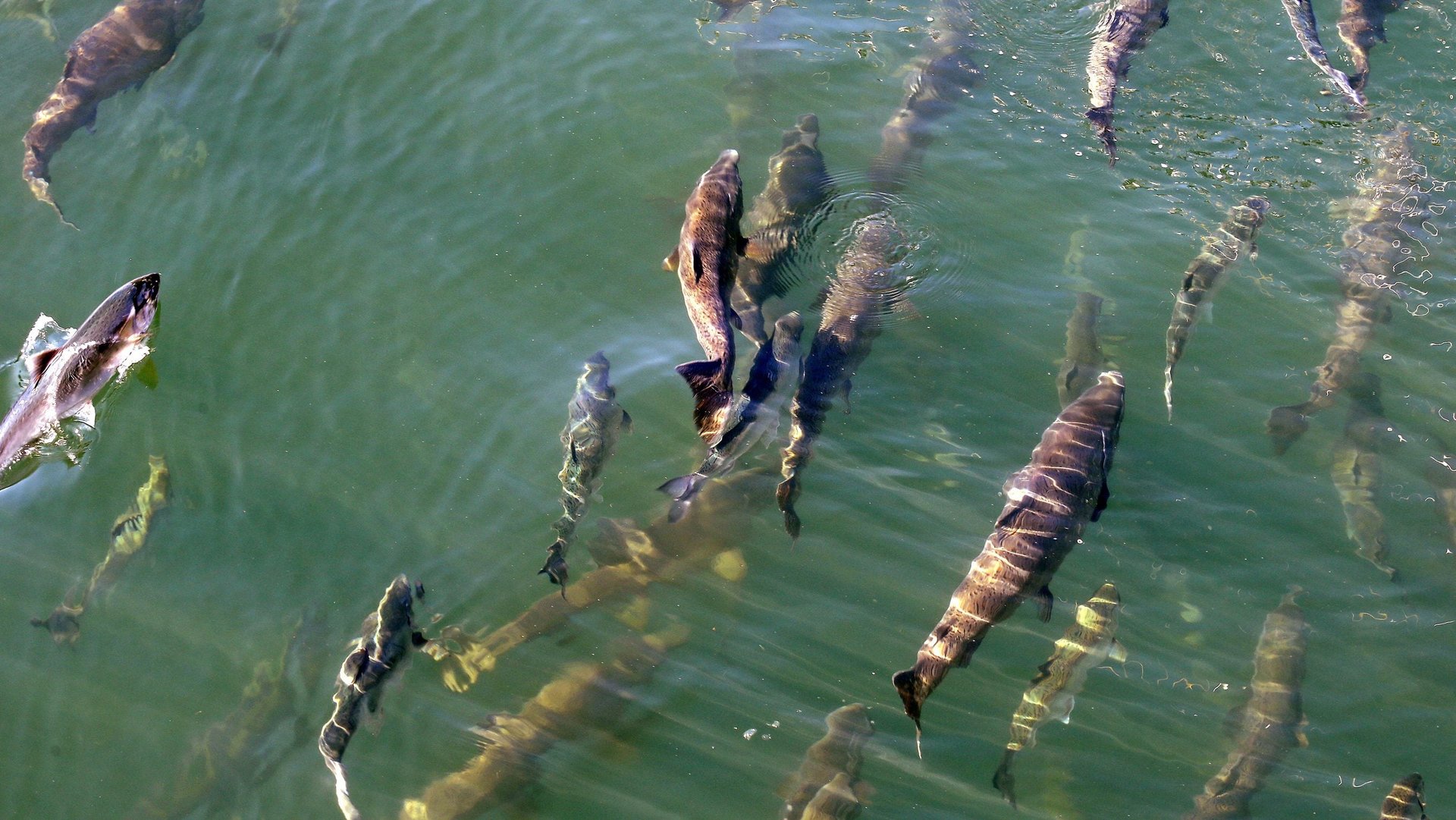Sea creatures are moving towards the poles at a rate of 32 miles per decade
As ocean temperatures rise, marine species are moving away from their warming and acidifying habitats to seek colder waters. There is, in effect, a mass migration of sea life towards the poles.


As ocean temperatures rise, marine species are moving away from their warming and acidifying habitats to seek colder waters. There is, in effect, a mass migration of sea life towards the poles.
That fact made it into the United Nations’ major report on climate change and the ocean, published by the Intergovernmental Panel on Climate Change on Wednesday (Sept. 25). In fact, the international group of top marine and climate scientists behind the report put a number on this exodus: Marine species living closest to the ocean’s surface have moved about 32 miles (52 kilometers) per decade towards the poles since the 1950s.
The rest of the sea creatures, those living on the seafloor, have moved about 18 miles (29 km) per decade towards the poles over the same period, the IPCC writes.
Since 1970, global oceans have absorbed fully 90% of the excess heat in the climate. As a result, the rate of ocean warming “has more than doubled” since 1993, the IPCC writes. Heatwaves in the ocean have also “very likely” doubled in frequency since 1982, the authors write, “and are increasing in intensity.”
All that heat is leaving ocean species fleeing for their lives to cooler waters.
Marine biologists have noted that shift in many papers in recent years. One major 2013 review of existing literature found that 82% of all sea creatures studied are, indeed, migrating towards the poles. Even zooplankton—the microscopic animals that are the basis of the marine food web—are heading polewards, according to findings published in the journal Nature this year.
Ocean creatures, in some cases, are also moving farther down, seeking living space in deeper, cooler water as the temperatures warm toward the surface. One study found that some fish in the North Sea deepened their living range by 11.8 feet (3.6 meters) every decade for the last 25 years, for example.
These changes are not purely geographic; marine animals that show up in new habitats also interface with the marine life around them differently. Other climate-driven ocean changes, like reduced oxygen supply and ocean acidification, are rearranging life as well. “Altered interactions between species have caused cascading impacts on ecosystem structure and functioning,” the IPCC writes.